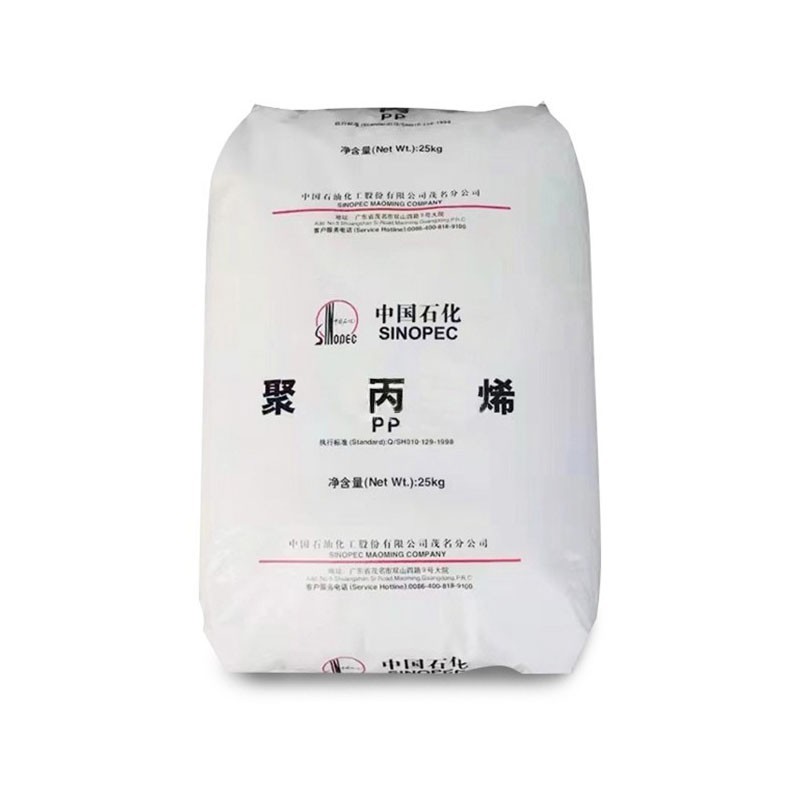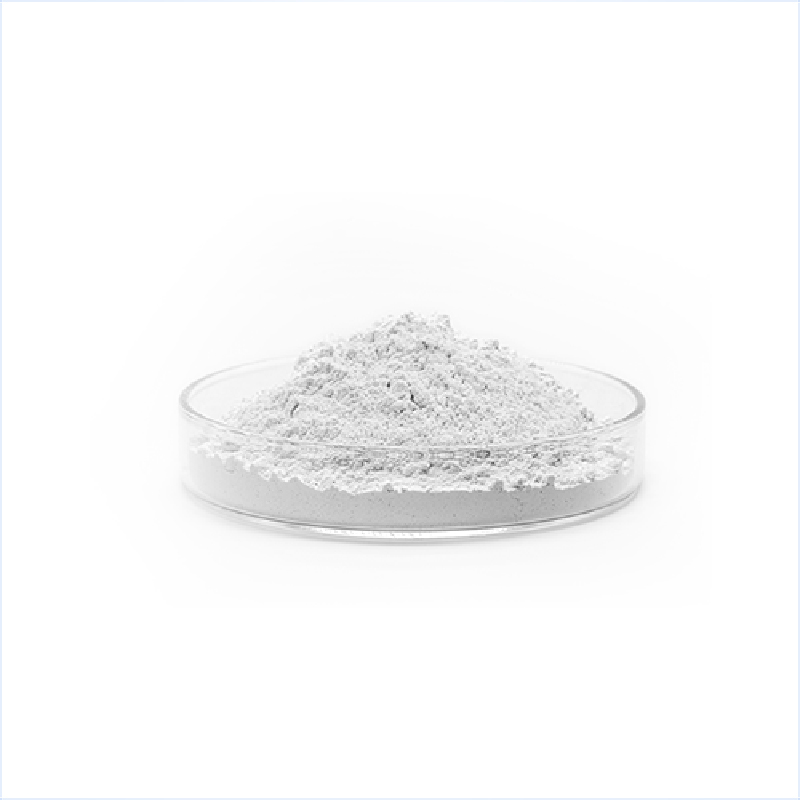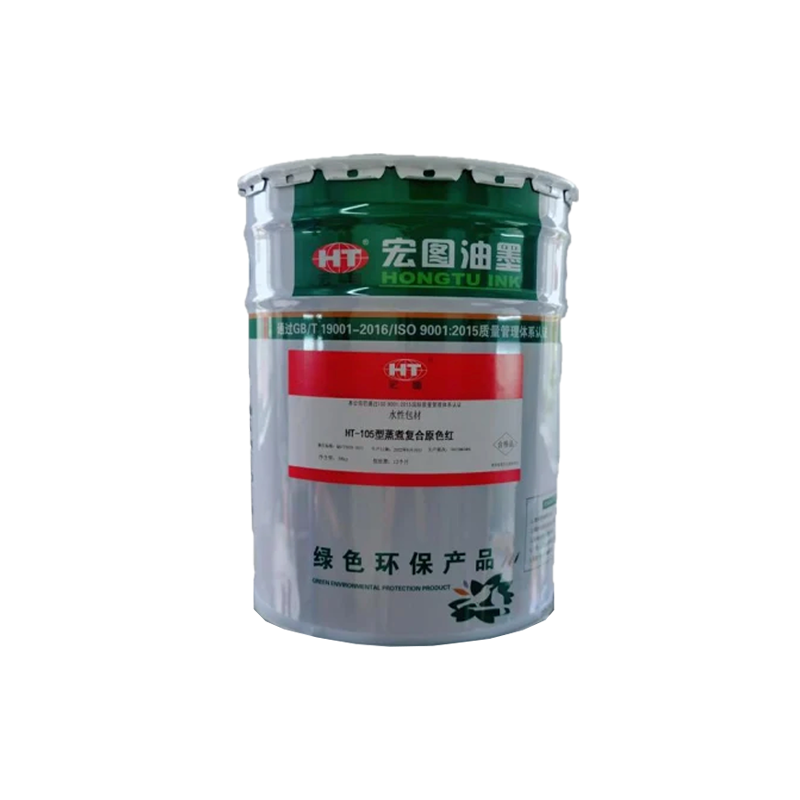Sorry, no matches were found for 'vehicles' Please try another keyword.
Request For Quotations
Q
what company makes genesis vehicles
I'm a seasoned industrial engineer with a keen interest in machine learning. Here to share insights on latest industry trends.
Industrial Innovations: Keeping you ahead with the latest technological advancements reinventing the industrial sector.
You May Like
Testing a new PVC waste line is crucial to ensure there are no leaks and it functions correctly. Begin by visually inspecting the entire line for any obvious signs of damage or improper connections. Next, conduct a water test by plugging the lower end of the line and filling it with water to the top or to a test tee's level. Mark the initial water level and leave it for at least 15 minutes. A drop in the water level indicates a leak, necessitating a detailed inspection to identify and fix the leak points. For a more thorough investigation, especially in hard-to-see areas, a smoke test can be performed. This involves injecting smoke into the system and observing if smoke escapes through any unintended areas, signifying a leak. Always follow local building codes and regulations for testing PVC waste lines.
Polypropylene (PP) is a thermoplastic polymer used in a wide variety of applications, including packaging, textiles, automotive components, and consumer products. Its price is influenced by factors such as crude oil prices, demand in various industries, production capacity, and global economic conditions. As of the latest data, the price of polypropylene can vary significantly, often ranging between $0.50 to $1.50 per pound in the United States, depending on these factors. Market fluctuations can lead to rapid changes in PP prices, making it essential for buyers and suppliers to stay informed about current trends. Additionally, innovations in recycling and bio-based PP could impact future prices. Companies using PP should monitor these price trends closely to manage costs effectively.
Polypropylene fabric is a synthetic textile, known for its lightweight, durable, and resistant properties. It is derived from the polymerization of propylene gas, a byproduct of fossil fuel refinement and natural gas processing. Notable for its inability to absorb water, it dries quickly, making it ideal for use in sportswear, diapers, and medical devices. Additionally, polypropylene is resistant to chemicals, mildew, and moths, enhancing its durability and lifecycle as a fabric. Its versatility extends to industrial applications, including manufacturing of carpets, automotive parts, and reusable containers. Despite its advantages, environmental concerns arise from its petroleum-based origin and challenges in recycling, prompting ongoing research into more sustainable production methods.
Recommended Suppliers
You May Like
Q&A
- •how to describe cotton yarn
- •oatey regular clear pvc cement cure time
- •what is high build acrylic coating
- •decomposition product of polypropylene
- •how to update react yarn
Popular Information
- •Meghmani Finechem to make debut in MSCI India Domestic Small Cap Index
- •Nippon Shokubai receives ISCC Plus certification for superabsorbent polymers in Europe
- •Longsheng Talc creates the world’s industrial “MSG”
- •DCM Shriram fixes record date for interim dividend
- •This Week, the Prices of Flake Caustic Soda Had Been Consolidating (April 15-19)















